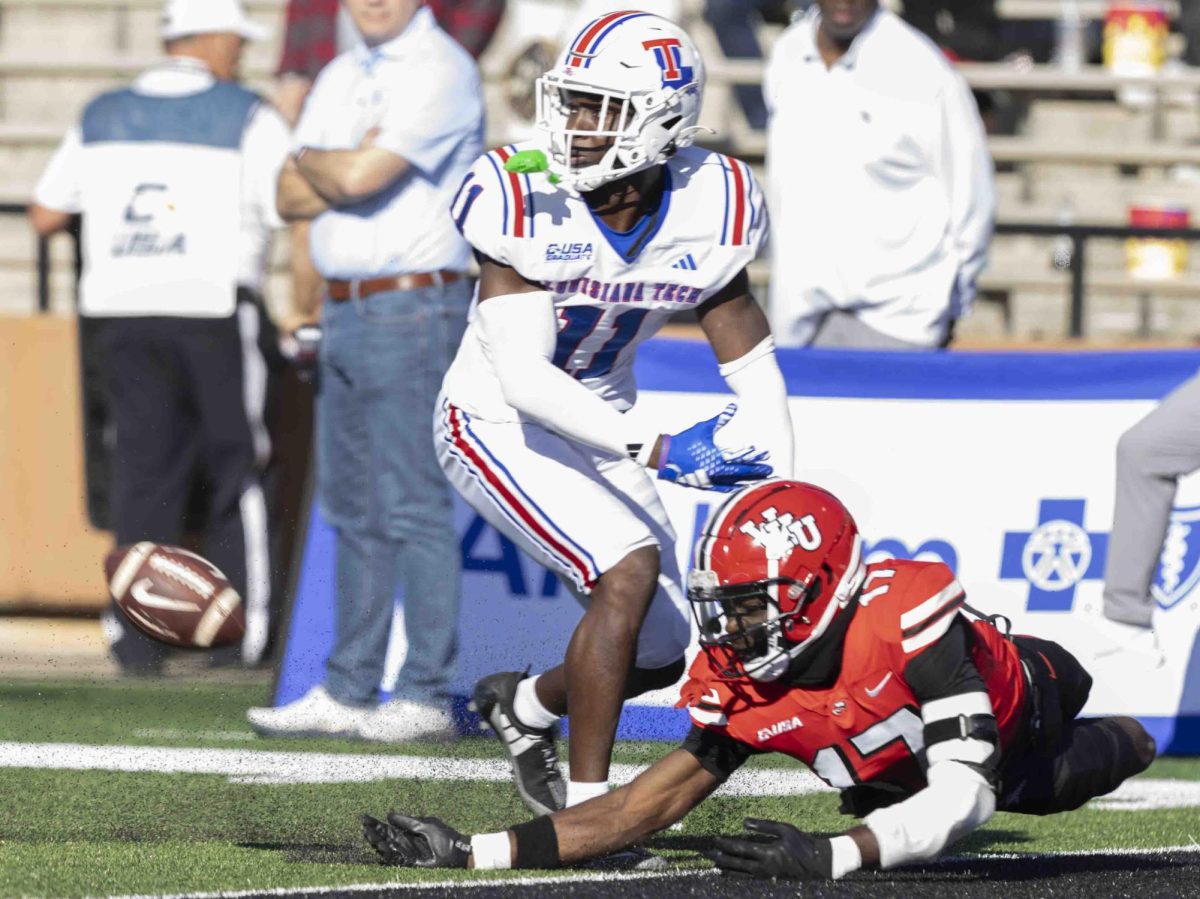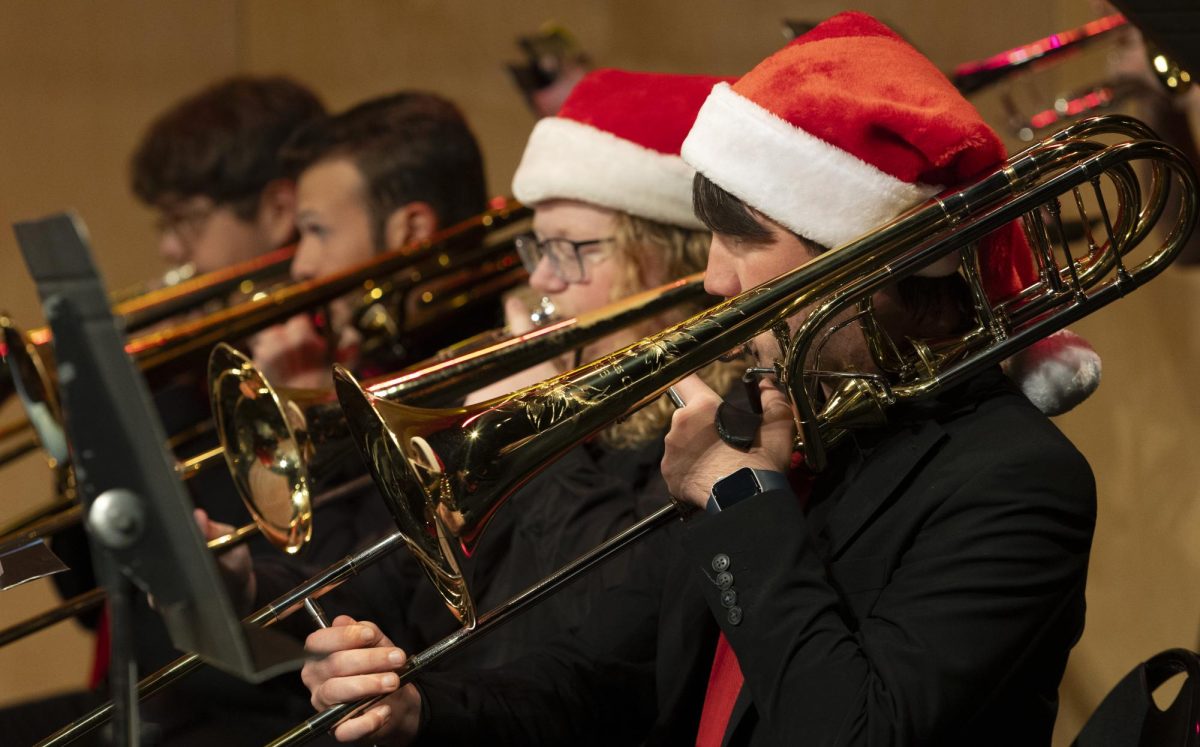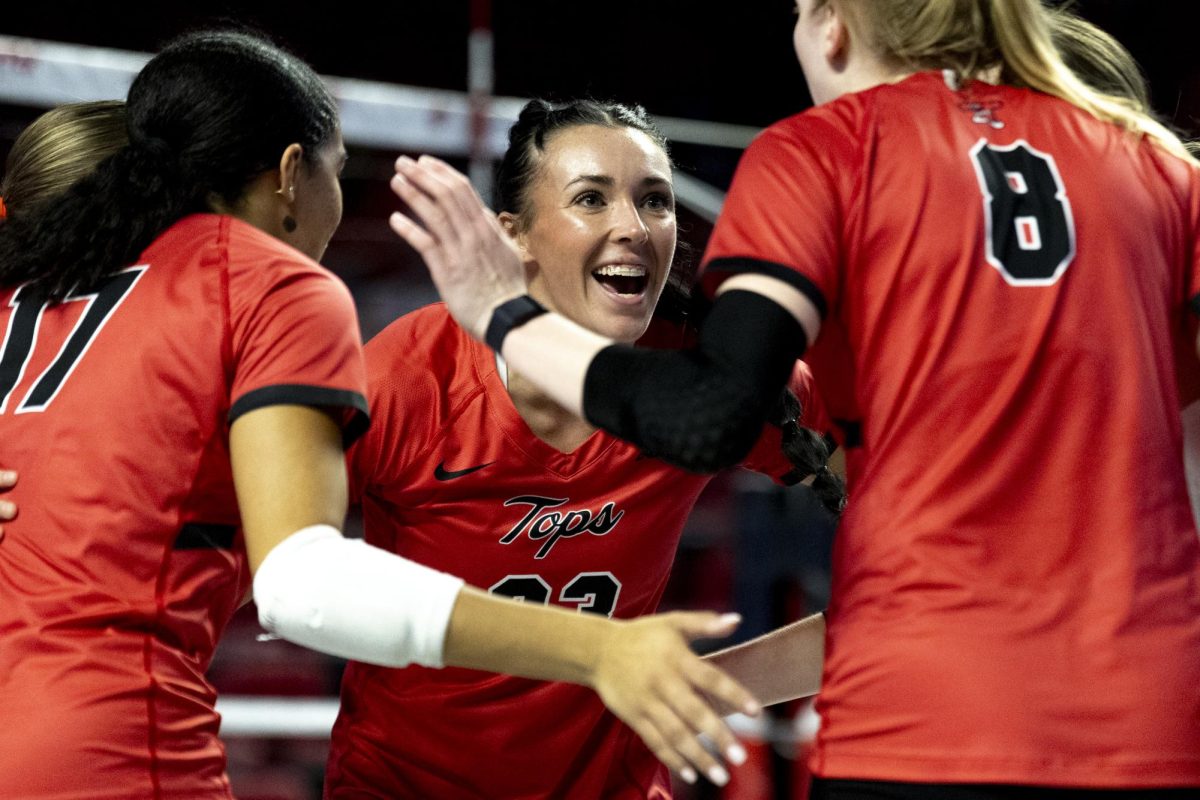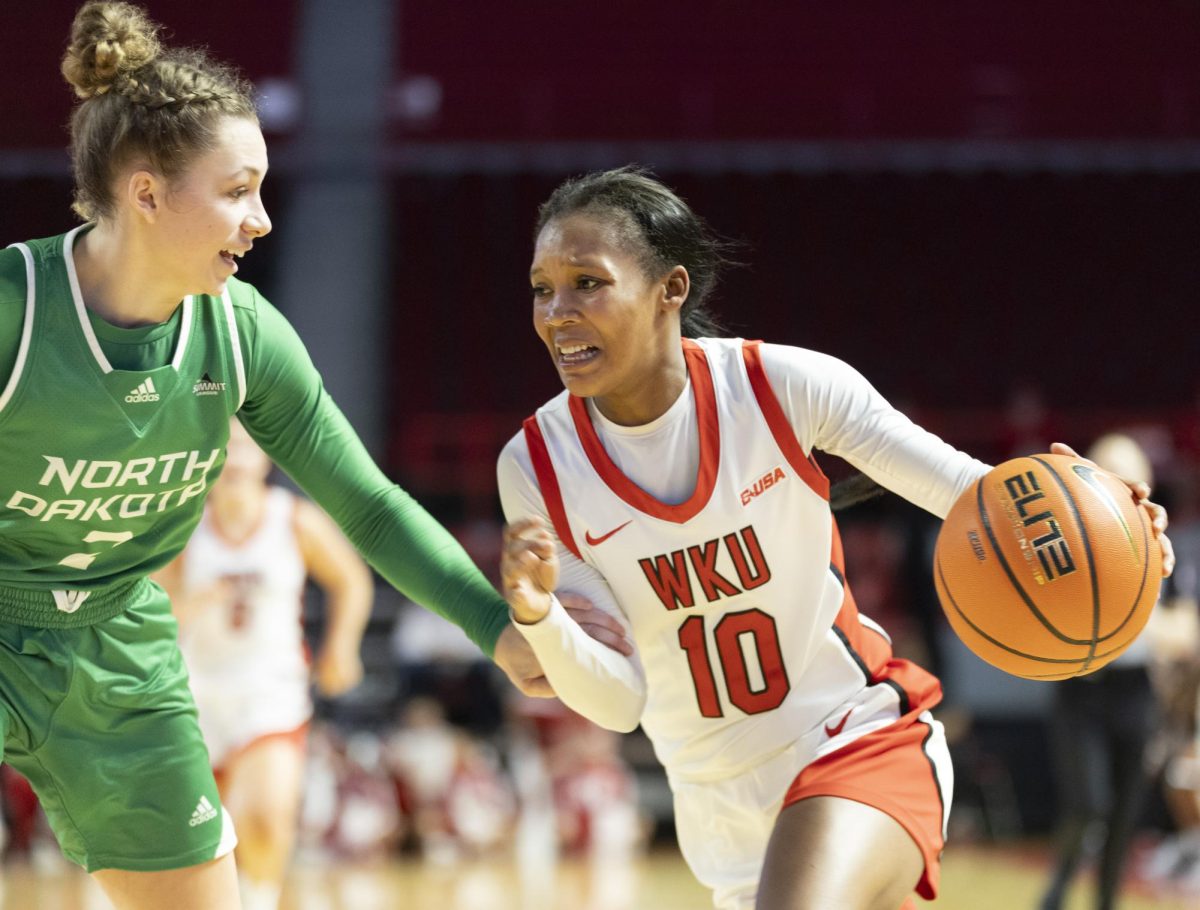Program benefits older adults through exercise, bingo
February 23, 2017
Assistant Professor of Exercise Science Jason Crandall invented Bingocize about five years ago with the intention to help older adults exercise and have fun at the same time. WKU helped him trademark and copyright the program and also helped with commercialization and marketing efforts for the program.
Bingocize combines bingo and exercise and allows older adults to switch between bingo games and exercises that depend on the extent of their physical and cognitive ability. Participants can also win prizes. Several WKU students have gotten involved and help run the program.
“It’s basically a way to sneak exercise into [older adults’] lives in a fun way,” Crandall said.
Bingocize also teaches participants about health education by helping them learn to prevent falls and how to eat better. Crandall has done extensive research to improve and expand Bingocize.
Bingocize exists in several states around the country, and Crandall is collaborating with a Ph.D student from the University of Kentucky and an institute in Finland called Ikäinstituutti to expand the program to Finland. They are also speaking to people from the Netherlands about the program.
Crandall also has a partnership with cognitive psychologist Dr. Matthew Shake, and they are working together to research how Bingocize improves cognition.
Crandall is working with a professor from the University of Kentucky to see how the program will impact childhood obesity. He and his partners have also worked to spread Bingocize around Kentucky.
Bingocize requires several WKU students involved in exercise science, speech-language pathology and other programs run the program at various facilities in Bowling Green, including Bowling Green Retirement Village, Chandler Memory Care, Chandler Assisted Living, Bowling Green Towers, Housing Authority of Bowling Green and Barren River Adult Daycare.
As a result, many students have formed relationships with the older adults at the facilities who don’t get to interact with young people often. It benefits the students as well because it gives them more experience working with older adults so they can better understand and communicate with them.
Crandall finds the relationships forming between students and the older adults they work with through Bingocize amazing and beneficial.
“One thing that impacts me the most is to hear the stories about the relationships students have built with the older adults when they’re out there,” Crandall said.
Crandall said the older adults involved experienced improved functional performance, muscular strength, balance, mobility and living and that Bingocize helps older adults become more mobile and independent.
Department Head of Communication Sciences and Disorders Jean Neils-Strunjas has done extensive research involving the effects Bingocize has on older adults with dementia, Alzheimer’s and other cognitive impairments.
In a research study last spring, Neils-Strunjas and Crandall found that people with dementia in residential areas are more active during and following participation in Bingocize. They interact with others more, show more purposeful activity and are more active and socially engaged.
According to Neils-Strunjas, students involved in Bingocize understand older people and how to communicate with them better as well as older adults’ physical limitations and cognitive disabilities. They are more inclined to work with older adults after they graduate, and older adults enjoy interacting with the students.
“We feel like it’s a win-win all around,” Neils-Strunjas said.
Neils-Strunjas described programs like Bingocize as important because he said there is an aging population, and older adults will soon make up a large percentage of the population.
“We feel that it will meet a need that will only increase in the future,” she said.
Thomas Machine is a student who helped run Bingocize. He is a senior from Brandenburg, Kentucky, majoring in Kinesiology and Exercise Science. Machine was one of the Lead Exercise Coordinators for the program and helped at the Village Manor Community in Bowling Green.
Machine discussed how his experience with Bingocize prepared him for potential careers that may involve assisting older adults and the relationships students form with the older adults involved with Bingocize.
“Building relationships with them allowed them to trust us when we were giving them exercises,” Machine said. “It was also a great way for my team and me to step out of our comfort zones and help others with the knowledge we obtained. I loved getting to know the residents and they would always share their wisdom with me as well.”
Machine enjoyed helping older adults become more independent, and he loved interacting with them.
According to Machine, Bingocize allows older adults to share their wisdom and stories with younger adults, and he found his experience rewarding.
“I am grateful for each moment of it,” he said.
Reporter Olivia Mohr can be reached at 270-745-6288 and [email protected]










